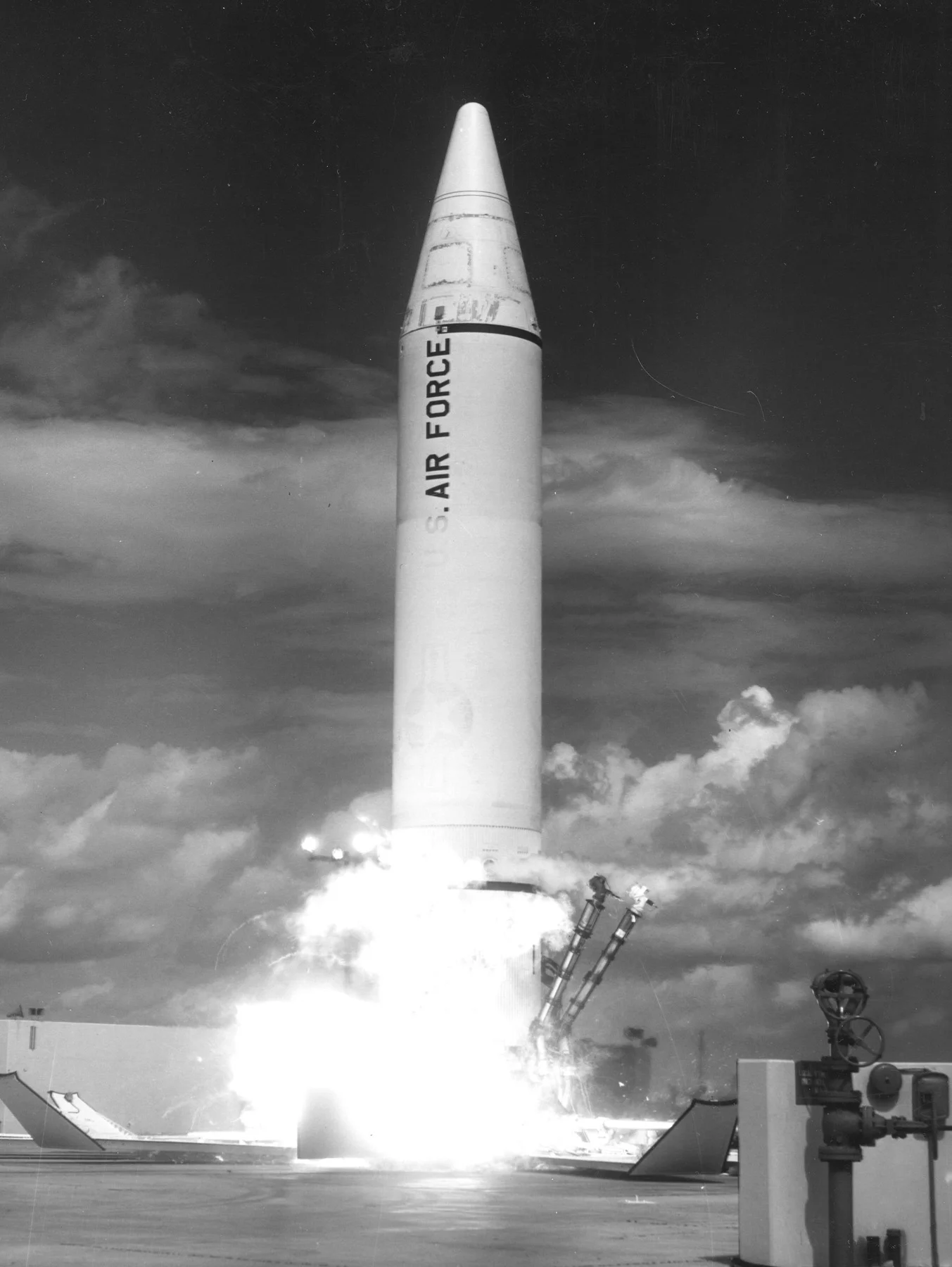Book Review: Command and Control by Eric Schlosser
If you are following our CBRN Operations posts over the last week or so, fear not, more is on the way. In the interim, we wanted to inaugurate a new feature - Book Reviews. We are editing our comprehensive CBRN Annotated Bibliography now, and hope to get it up soon as well, but in the interim, CBRNPro.net will post the occasional book review or excerpt from the bibliography.
I have to say that this book is not nearly as good as some of its more breathless reviews imply. There is no doubt that Schlosser has done his homework, and what he really excels at is telling the stories of a number of major U.S. nuclear weapons incidents and accidents during the Cold War, many for the first time in publication. Where he fails is in attempting to break those stories up into a narrative that encompasses the larger history of the U.S. nuclear weapons program and the Cold War. Here his homework and admitted lack of previous extensive knowledge is a real hinderance He makes several errors, key among them attributing the "revolt of the admirals" to control over nuclear weapons with nary a mention of the Truman administration's attempt at defense and national security reform so eloquently covered by Amy Zegert in Flawed by Design. This is a good book, especially for the uninitiated, but not nearly as thorough as the more solid work of Richard Rhodes. Nor is it all inclusive, as it only covers the U.S. side, for the obvious reason that Schlosser limited his scope to the US where information was freely available on nuclear weapons incidents.
Schlosser's book cannot, and should not be read alone, but deserves to be read along with any number of works covering the U.S. nuclear weapons program (and Cold War history) that provide greater depth and understanding. The book is also about deployed nuclear weapons, not the broader program that built them, which has its own tales of major incidents from Oak Ridge to Idaho Falls. Where this book excels is in its story telling, based on oral history interviews and solid research. Where it fails is breaking those stories up with numerous side jaunts into Cold War history that are severely lacking. As you start to read the narratives of an incident, the reader is drawn in - especially a reader with knowledge of nuclear weapons. Then, suddenly, Schlosser will veer into a digression on Cold War history that will leave that same reader shaking their head. The book is almost episodic, like an old movie serial, with chapters ending in cliff hangers, segueing into boring, inaccurate documentaries, before returning to the main characters and stories. It is a jarring and frustrating style that the knowledgeable reader will find especially troublesome as so many of those side jaunts are hopelessly flawed.
The original work on the incidents Schlosser covers is outstand, but the format and his lack of depth in areas outside the incident specifics, is troubling. The incident narratives are based on solid research and interviews with surviving participants. It gets those details right, but lacks the nuance and depth of understanding necessary to portray the bigger picture and support the broader narrative. In that it is really two books, one superb, and one not quite ready for prime time. Splitting the difference it is worth the read, but don't take it all as gospel when he branches out more broadly. This book is best read after Rhodes two excellent works on the American and Russian programs, Robert Norris's outstanding work on Leslie Groves, and any of the outstanding Cold War histories on the American and Soviet Nuclear Arms race and arsenals (all of which will be the subject of future reviews). Schlosser never really gets the bigger picture right, so an informed reader might enjoy the strategy of skipping those parts and focusing on the incident specifics, which Schlosser relates in a compelling narrative that could easily stand on its own.







